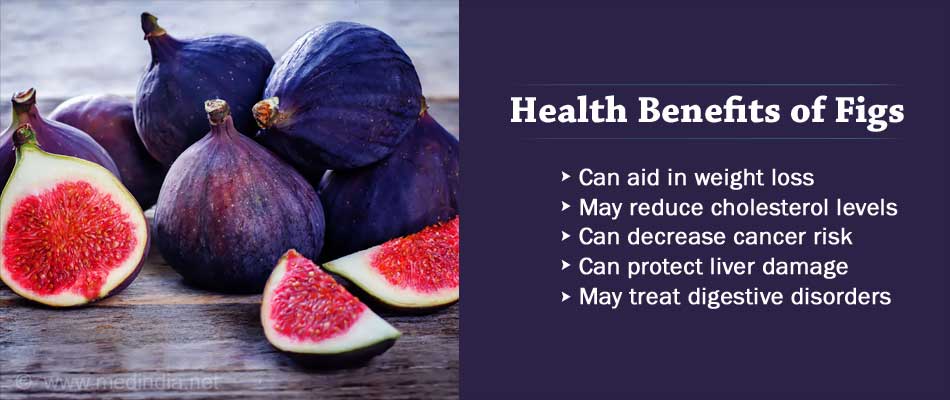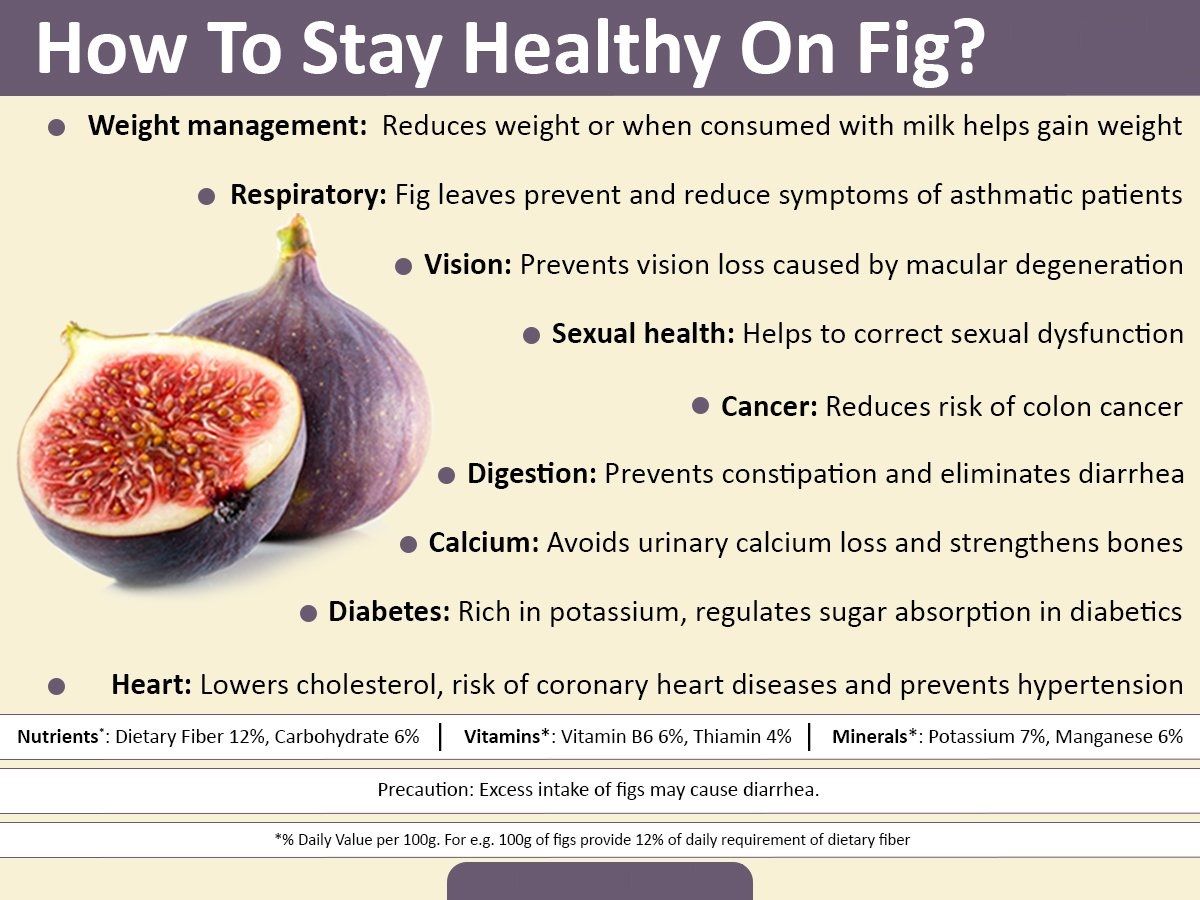General Benefits of Figs for Women’s Well-being
Figs, also known as Ficus carica, have long been hailed as a superfood due to their rich nutritional profile and numerous health benefits. For women, figs offer a plethora of advantages that extend beyond their delicious taste. These nutrient-dense fruits are packed with vitamins, minerals, and antioxidants that contribute to overall well-being, including improved digestion, enhanced immunity, and better blood sugar regulation.
Figs are an excellent source of dietary fiber, providing approximately 2.9 grams per 100-gram serving. This fiber content aids in maintaining a healthy digestive system by promoting regular bowel movements and preventing constipation. Moreover, fiber-rich foods like figs have been linked to a reduced risk of colon cancer and other gastrointestinal disorders.
In addition to their fiber content, figs are rich in essential vitamins and minerals. They contain vitamin A, vitamin C, vitamin K, and B-vitamins, as well as minerals such as calcium, potassium, and magnesium. These nutrients support various bodily functions, including immune system regulation, bone health, and blood pressure management.
The antioxidant properties of figs are another reason why they are considered a superfood. Antioxidants found in figs, such as polyphenols and flavonoids, help protect the body from oxidative stress caused by free radicals. This protection is crucial for maintaining cellular health and reducing the risk of chronic diseases, including cancer and heart disease.
While the direct impact of figs on female breast health is still being researched, their overall health benefits make them a valuable addition to any woman’s diet. By incorporating figs into a balanced and nutritious meal plan, women can take advantage of their numerous advantages and contribute to their overall well-being.
Figs and Female Reproductive Health
Beyond their general health benefits, figs have been linked to female reproductive health due to their potential role in balancing hormones and regulating menstrual cycles. While research in this area is still emerging, some studies and expert opinions suggest that figs may offer advantages for women’s reproductive health.
Figs contain a variety of nutrients that are essential for hormonal balance, including magnesium, vitamin E, and B-vitamins. Magnesium, in particular, has been shown to play a crucial role in regulating hormonal activity and supporting menstrual health. A study published in the Journal of Obstetrics and Gynaecology Research found that magnesium supplementation improved premenstrual syndrome (PMS) symptoms in women, suggesting that magnesium-rich foods like figs may offer similar benefits.
Additionally, figs are a natural source of phytoestrogens, plant compounds that mimic the effects of estrogen in the body. Phytoestrogens have been shown to help regulate hormonal activity and may offer benefits for women experiencing menstrual irregularities or menopausal symptoms. However, it is important to note that more research is needed to fully understand the impact of phytoestrogens on female reproductive health.
While the direct link between figs and breast health is still being explored, maintaining hormonal balance and reproductive health is crucial for overall breast health. By incorporating figs into a balanced diet, women may be able to support their reproductive health and contribute to their overall well-being.
Figs and Breast Cancer Prevention
Breast cancer is a significant health concern for women worldwide, and research has shown that consuming certain foods, including figs, may help reduce the risk of developing this disease. Figs are rich in antioxidants and anti-inflammatory compounds, which have been linked to a reduced risk of breast cancer.
One study published in the Journal of Ethnopharmacology found that fig leaves contain a compound called benzaldehyde, which has been shown to have anti-cancer properties. The study found that benzaldehyde inhibited the growth of breast cancer cells in vitro, suggesting that fig leaves may offer a potential natural remedy for breast cancer prevention.
Additionally, figs are a natural source of dietary fiber, which has been linked to a reduced risk of breast cancer. A study published in the Journal of the National Cancer Institute found that women who consumed more dietary fiber had a lower risk of developing breast cancer than those who consumed less fiber. The study suggested that each 10-gram increase in daily fiber intake was associated with a 5% reduction in breast cancer risk.
The antioxidant properties of figs are another reason why they may offer benefits for breast health. Antioxidants found in figs, such as polyphenols and flavonoids, help protect the body from oxidative stress caused by free radicals. This protection is crucial for maintaining cellular health and reducing the risk of chronic diseases, including breast cancer.
While more research is needed to fully understand the impact of figs on breast cancer prevention, incorporating figs into a balanced and nutritious diet may offer potential benefits for breast health. Women who are concerned about their breast health should speak with their healthcare provider to discuss their individual risk factors and develop a comprehensive prevention plan.
How to Incorporate Figs into Your Diet for Breast Health
Figs can be a delicious and nutritious addition to any diet, and incorporating them into your meals can be both easy and enjoyable. Here are some practical tips on how to consume figs to maximize their benefits for breast health:
-
Add figs to your breakfast:
Try slicing fresh figs onto your oatmeal, yogurt, or cereal for a sweet and nutritious start to your day.
-
Make a fig smoothie:
Blend fresh or dried figs with your favorite fruits, milk, and ice for a refreshing and healthy drink.
-
Include figs in your salads:
Add sliced figs to your favorite salads for a burst of sweetness and a nutritional boost.
-
Enjoy figs as a snack:
Dried figs make a convenient and healthy snack that can be enjoyed anytime, anywhere.
When incorporating figs into your diet, it’s important to keep in mind that moderation is key. While figs offer numerous health benefits, consuming them in excess can lead to digestive issues such as bloating and diarrhea. Additionally, individuals with allergies to figs or other fruits in the Ficus family should avoid consuming them.
By incorporating figs into a balanced and nutritious diet, women can take advantage of their numerous health benefits and potentially reduce their risk of breast-related health issues. Speak with a healthcare provider or registered dietitian for personalized guidance on how to incorporate figs and other superfoods into your diet for optimal health and well-being.
Potential Risks and Side Effects of Consuming Figs
While figs offer numerous health benefits, it’s important to consume them safely and in moderation to avoid any potential risks or side effects. Here are some things to keep in mind when incorporating figs into your diet:
-
Allergic reactions:
Some individuals may be allergic to figs or other fruits in the Ficus family. Symptoms of a fig allergy can include itching, swelling, and difficulty breathing. If you experience any of these symptoms after consuming figs, seek medical attention immediately.
-
Digestive issues:
Consuming figs in excess can lead to digestive issues such as bloating, gas, and diarrhea. To avoid these side effects, consume figs in moderation and pair them with other fiber-rich foods to promote healthy digestion.
-
Pesticide exposure:
Like many fruits and vegetables, figs can be exposed to pesticides during the growing process. To reduce your exposure to these harmful chemicals, choose organic figs whenever possible. If organic figs are not available, be sure to wash them thoroughly before consuming.
-
Interactions with medications:
Figs contain high levels of potassium, which can interact with certain medications such as blood pressure drugs and diuretics. If you are taking any medications, speak with your healthcare provider before consuming figs or any other high-potassium foods.
By consuming figs safely and in moderation, women can enjoy their numerous health benefits without experiencing any negative side effects. Speak with a healthcare provider or registered dietitian for personalized guidance on how to incorporate figs and other superfoods into your diet for optimal health and well-being.
Real Products Featuring Figs for Breast Health
In addition to incorporating fresh or dried figs into your diet, there are also several products that feature figs as a key ingredient for breast health. Here are a few options to consider:
1. Fig Leaf Tea:
Fig leaf tea is a popular herbal remedy that has been used for centuries to support female reproductive health. The tea is made from the leaves of the fig tree and is believed to help balance hormones, regulate menstrual cycles, and reduce the risk of breast-related health issues. While more research is needed to confirm these claims, many women swear by the benefits of fig leaf tea for breast health.
2. Fig-Based Skincare Products:
Figs are rich in antioxidants and anti-inflammatory compounds, making them an ideal ingredient for skincare products. Look for creams, serums, and other topical treatments that feature fig extract or oil as a key ingredient. These products can help reduce inflammation, improve skin texture, and promote overall breast health.
3. Fig Supplements:
Fig supplements are another option for women looking to maximize the benefits of figs for breast health. These supplements typically contain dried fig powder or extract and can be taken daily to support hormonal balance, immune function, and overall breast health. As with any supplement, it’s important to speak with a healthcare provider before adding fig supplements to your routine.
When choosing products that feature figs as a key ingredient, look for high-quality options from reputable brands. Be sure to read labels carefully and avoid products that contain harmful additives or chemicals. By incorporating fig-based products into your routine, you can enjoy the numerous health benefits of figs and support optimal breast health.
Comparing Figs to Other Superfoods for Breast Health
While figs offer numerous health benefits for female breast health, they are not the only superfood that can support optimal breast health. Here are a few other options to consider, along with their unique advantages and disadvantages:
1. Flaxseeds:
Flaxseeds are a rich source of omega-3 fatty acids, fiber, and lignans, which have been shown to support hormonal balance and reduce the risk of breast cancer. However, flaxseeds can be difficult to digest in their whole form, so it’s best to grind them before consuming. Additionally, flaxseeds can interact with certain medications, so it’s important to speak with a healthcare provider before adding them to your routine.
2. Berries:
Berries such as raspberries, blueberries, and strawberries are packed with antioxidants and anti-inflammatory compounds that can support breast health. They are also low in calories and high in fiber, making them an ideal snack for women looking to maintain a healthy weight. However, berries can be expensive and may contain pesticides, so it’s important to choose organic options whenever possible.
3. Leafy Greens:
Leafy greens such as spinach, kale, and collard greens are rich in vitamins, minerals, and antioxidants that can support overall health and well-being. They are also low in calories and high in fiber, making them an ideal addition to any diet. However, leafy greens can be difficult to digest in large quantities, so it’s important to consume them in moderation.
When incorporating superfoods into your diet for breast health, it’s important to remember that variety is key. By consuming a wide range of nutrient-dense foods, you can ensure that you are getting all of the vitamins, minerals, and antioxidants that your body needs to thrive. Speak with a healthcare provider or registered dietitian for personalized guidance on how to incorporate superfoods into your diet for optimal health and well-being.
Expert Opinions and Recommendations on Figs and Female Breast Health
Figs have long been recognized for their numerous health benefits, including their potential role in supporting female breast health. Here are some expert opinions and recommendations on the benefits of figs for female breast health:
“Figs are a great source of antioxidants and anti-inflammatory compounds, which can help reduce the risk of breast cancer and other breast-related health issues. I recommend incorporating figs into your diet in a variety of ways, such as adding them to smoothies, salads, or enjoying them as a snack.” – Dr. Lisa Davis, Nutritionist and Author
“Figs have been used in traditional medicine for centuries to support female reproductive health. They contain compounds that can help balance hormones and regulate menstrual cycles, which can be beneficial for breast health.” – Susan Weed, Herbalist and Author
“While more research is needed to fully understand the impact of figs on breast health, they are a nutritious and delicious addition to any diet. I recommend consuming figs in moderation as part of a balanced and varied diet.” – Dr. Emily Lipinski, Naturopathic Doctor
When incorporating figs into your diet for breast health, it’s important to keep in mind that they are just one piece of the puzzle. A balanced and varied diet that includes a wide range of nutrient-dense foods is essential for optimal health and well-being. Speak with a healthcare provider or registered dietitian for personalized guidance on how to incorporate figs and other superfoods into your diet for optimal breast health.









